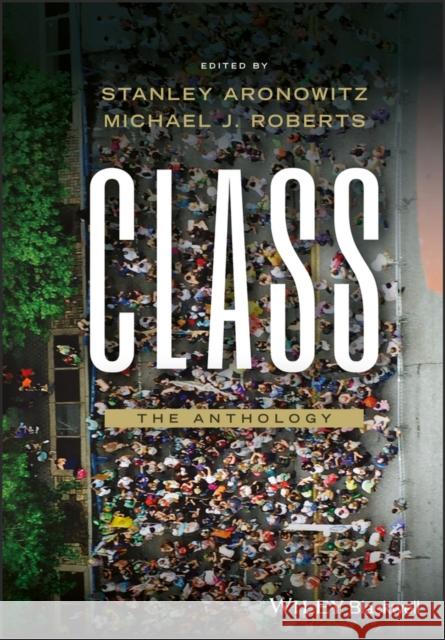Class: The Anthology » książka
topmenu
Class: The Anthology
ISBN-13: 9780631224983 / Angielski / Twarda / 2017 / 568 str.
Using an innovative framework, this reader examines the most important and influential writings on modern class relations.
- Uses an interdisciplinary approach that combines scholarship from political economy, social history, and cultural studies
- Brings together more than 50 selections rich in theory and empirical detail that span the working, middle, and capitalist classes
- Analyzes class within the larger context of labor, particularly as it relates to conflicts over and about work
- Provides insight into the current crisis in the global capitalist system, including the Occupy Wall Street Movement, the explosion of Arab Spring, and the emergence of class conflict in China











